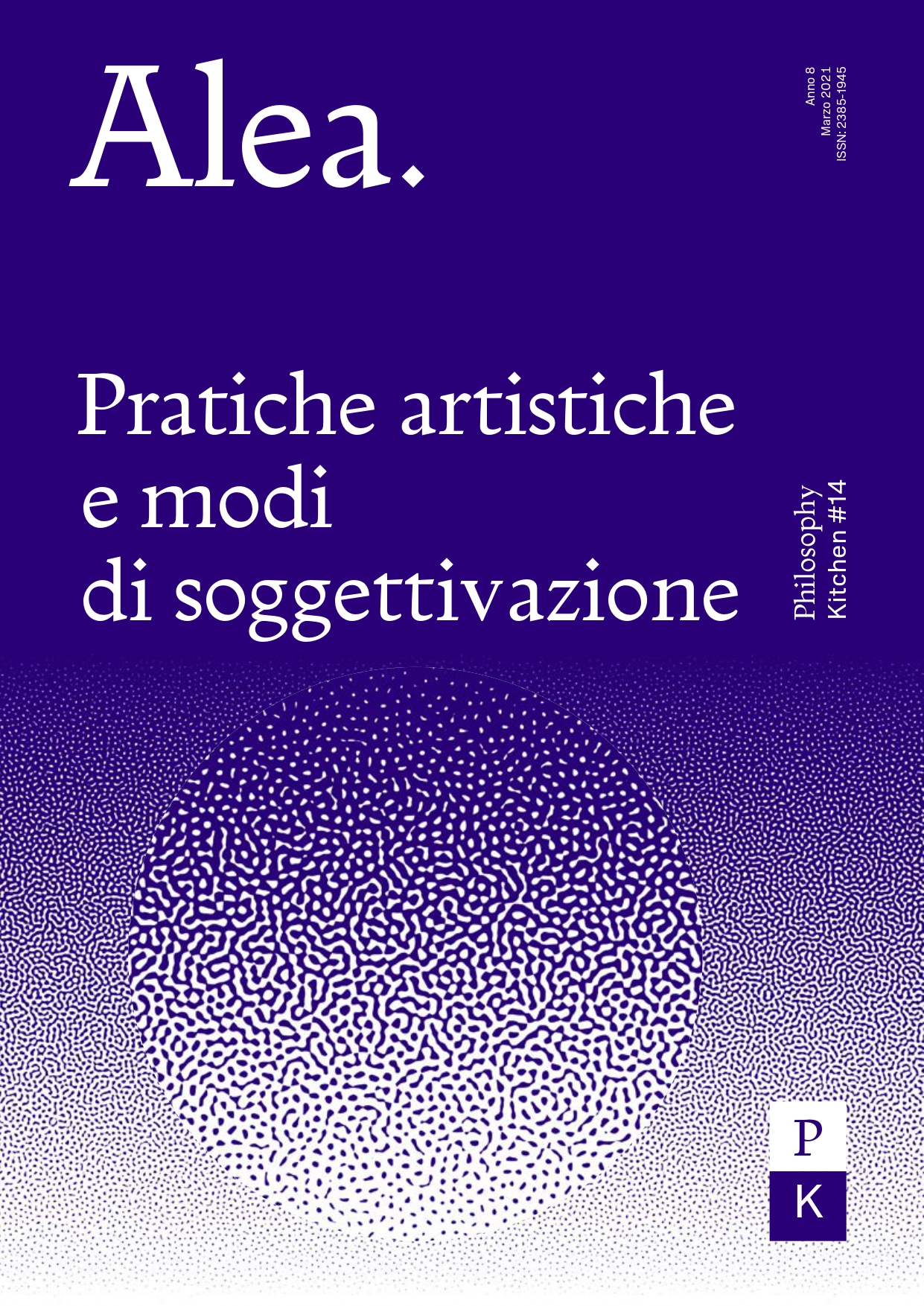Progetto e ricerca della forma. Dall'aleatorio ai campi di validità.
DOI:
https://doi.org/10.13135/2385-1945/5871Abstract
We have a continuous chance to experience peculiar qualities of the space, either the private space of our houses or the public space of our cities. More than critics, these qualities make us decide whether a building is an architecture or a simple construction: thus, the architecture is indeed a very performative art. But these experiences hardly can be designed: chance plays a major role in the development of a project, to the point that we could say that it is an ontological part of the project. The paper inestigates how to change chance from an enemy, to an opportunity, by defining the “fields of validity”: or the distinction of inter-related systems, which give chance a space of action, including it since the very beginning. Thus, the form is defined by excluding what cannot be accepted, more than defining the perfect shape: in this way, also guaranteeing the freedom of its performativity. Furthermore, the approach to fields of validity will be related to the conceptual tools of systems theory in Niklas Luhmann’s version. This analysis leads us to Luhmann’s reflections on the nature of the artistic experience, intended as a peculiar form of communication and the genesis of meaning through the production of contingent forms – the artworks – conceived as islands of stability, halfway between chance and necessity. The paper proposes a side-by-side reading: on the left, an architectural glance toward the topic; on the right, a philosophical one. The reader will have the chance, and the power, to build bridges between the two parts, so that the punctual inspiration of one part could serve also for the other: and in the belief that, in those thresholds, the theory may change in practices.






